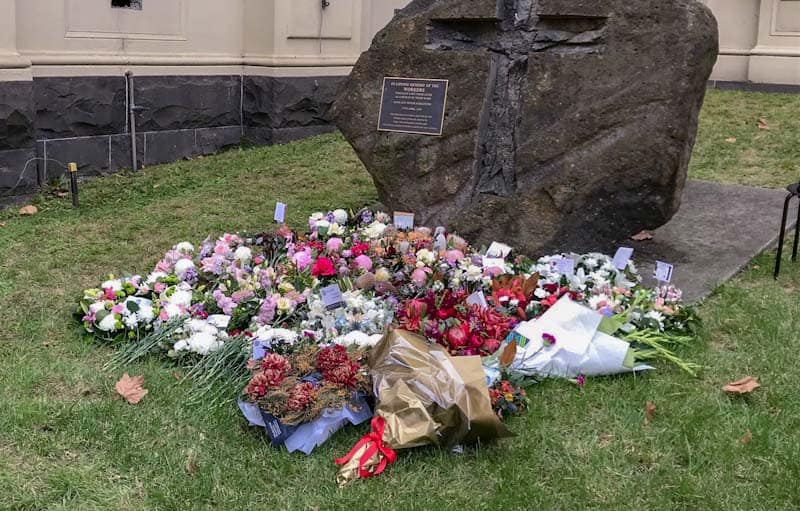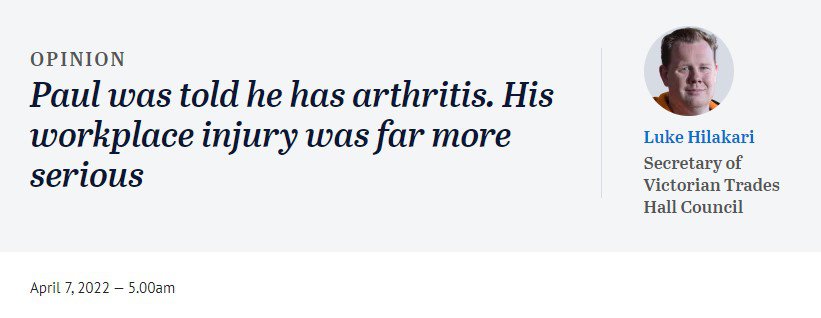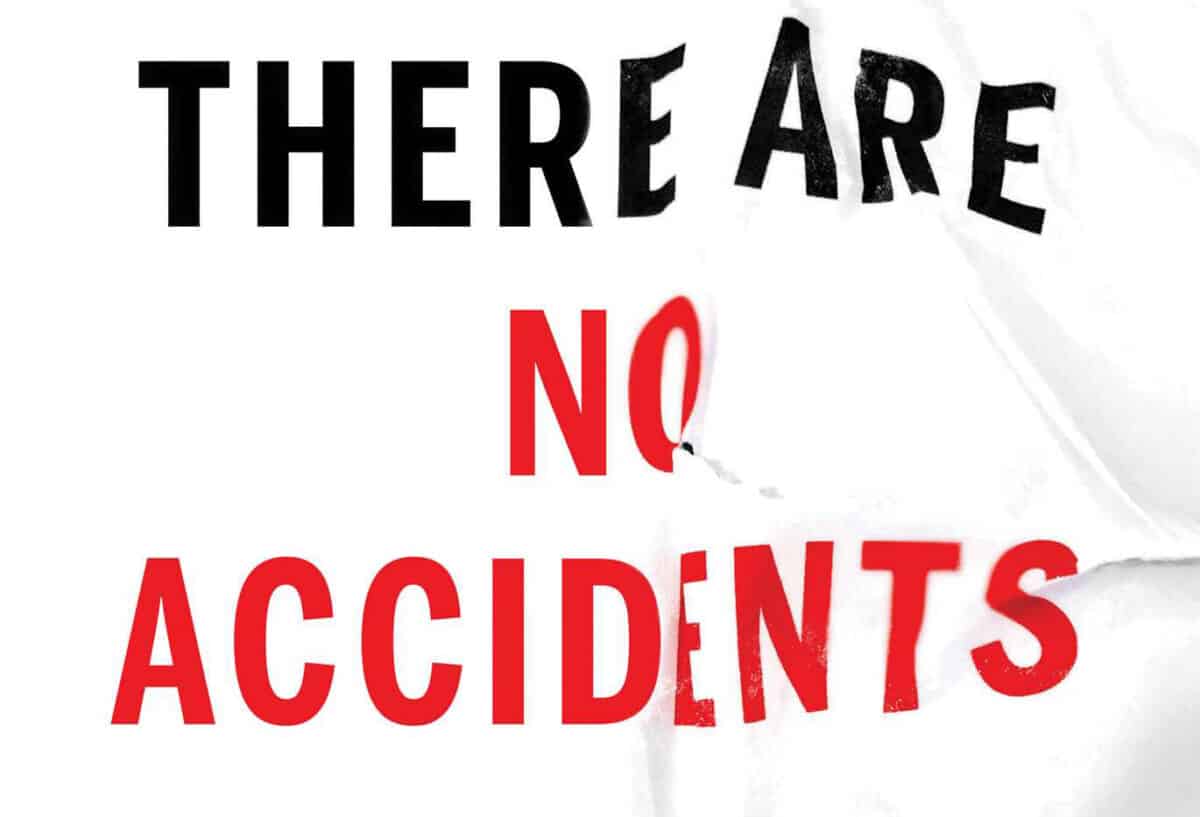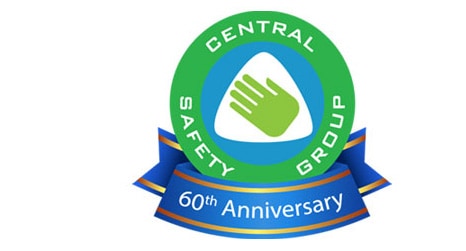Last week a Victorian politician and a senior bureaucrat spoke about occupational health and safety (OHS) at the Worksafe Victoria awards night. On April 28, 2022, the same bureaucrat and a couple of other politicians spoke at the International Workers Memorial at Trades Hall in Melbourne. Did they say anything useful? Did they say anything that changes or progresses OHS? And who was the audience?
Category: union
How will people know you’ve won a safety award?
Modern-day events such as conferences, seminars and awards nights rely on social media strategies to maximise the value of the event and the communication opportunities they afford. This year the WorkSafe Victoria Awards night seems to have applied a thin social media strategy even though it has important stories to tell.
Usually, signs, brochures, information booklets and even tables mention the social media hashtag that the event organisers want the audience to use to promote and record the event. This year WorkSafe Victoria mentioned #WSAwards21 at the night’s start and never again. The hashtag was nowhere to be seen. This may be a major factor in the very low Twitter activity.
As of the time of writing, Twitter had 29 mentions of the #WSAwards21 hashtag, most posted by WorkSafe itself. I tweeted five of them. The audience members or finalists have tweeted only three times.
Political point-scoring misses the point
Last week the Australian Financial Review (AFR) caused a bit of a political stink by reporting that:
“….Australian Bureau of Statistics figures show the share of casual employment was 22.8 per cent in February – 1.3 percentage points lower than in February 2020, just before the pandemic hit the economy.
AFR, April 12 2022 – Albanese’s casual jobs claim is ‘wrong’, according to ABS data
The casualisation rate is 4.8 percentage points below the peak of 27.6 per cent in 2003.”
The figures seem accurate but do not tell the whole story. How are employment statistics relevant to occupational health and safety (OHS)? Job insecurity is a significant factor in work-related mental health.
Should heartlessness be the status quo?
On April 7, 2022, prominent trade unionist Luke Hilakari had an opinion piece published in The Age newspaper titled “Paul was told he has arthritis. His workplace injury was far more serious”. Hilakari told a story, familiar to many, of one man’s journey from workplace injury to impecunious hardship.
The story is tough to read and full of injustices, but the political point of the article is lost. The Victorian Government has been provided with a report that could reduce the bureaucratic and surveillance challenges faced by Paul, but the system itself will not change.
Nobody hates ‘”reasonably practicable” – we tolerate it
Do unions want employers to hold an absolute duty of care for work health and safety? Do unions hate the concept “as far as is reasonably practicable”?
The last Australian jurisdiction to hold employers to an absolute duty of care was New South Wales. That position was eroded by the harmonisation process and NSW OHS laws moving to the Work Health and Safety regime. An absolute duty of care, in the SafetyAtWorkBlog dictionary, is that the employer is responsible for any injuries occurring at work.
Jessie Singer and the “social autopsy”
I am halfway through an extraordinary book called “There Are No Accidents –
The Deadly Rise of Injury and Disaster—Who Profits and Who Pays the Price” by Jessie Singer. It is extraordinary in many ways, but the most significant is that Singer chose to write a book for the general reader about how people are hurt at work, home and when driving and how describing these as “accidents” deflects responsibility, as if there was nothing that could be done to prevent them. This is of huge significance to the advocates of work health and safety, and the book’s release should spark interviews with Singer and book reviews which could lead to a broader social discussion of safety.
New Perspectives in OHS
Yesterday the Central Safety Group (CSG) invited me to talk at its monthly lunchtime seminar. The topic was New Perspectives on OHS. These perspectives are likely to be familiar to subscribers of this blog but were intended to be provocative and foster reflection and discussion. Below is a substantially edited version.
Thanks for inviting me to be the first speaker in CSG’s 60th anniversary year. The Central Safety Group has been an important part of my OHS journey since the very start in the early 1990s. It is a remarkable achievement for the Group and, as a Life Member, I am very proud of my association with it.
OHS can become very insular. It can become too focussed on issues within a single industry, a single worksite or a discipline. This insularity can lead to OHS reaching seemingly operational dead ends, such as “this is the way it is” or what is “reasonably practicable are”. We may seek continuous improvement, but our employers and clients often see “reasonably practicable” as the endpoint of activity. It can become their comfort point of compliance.







